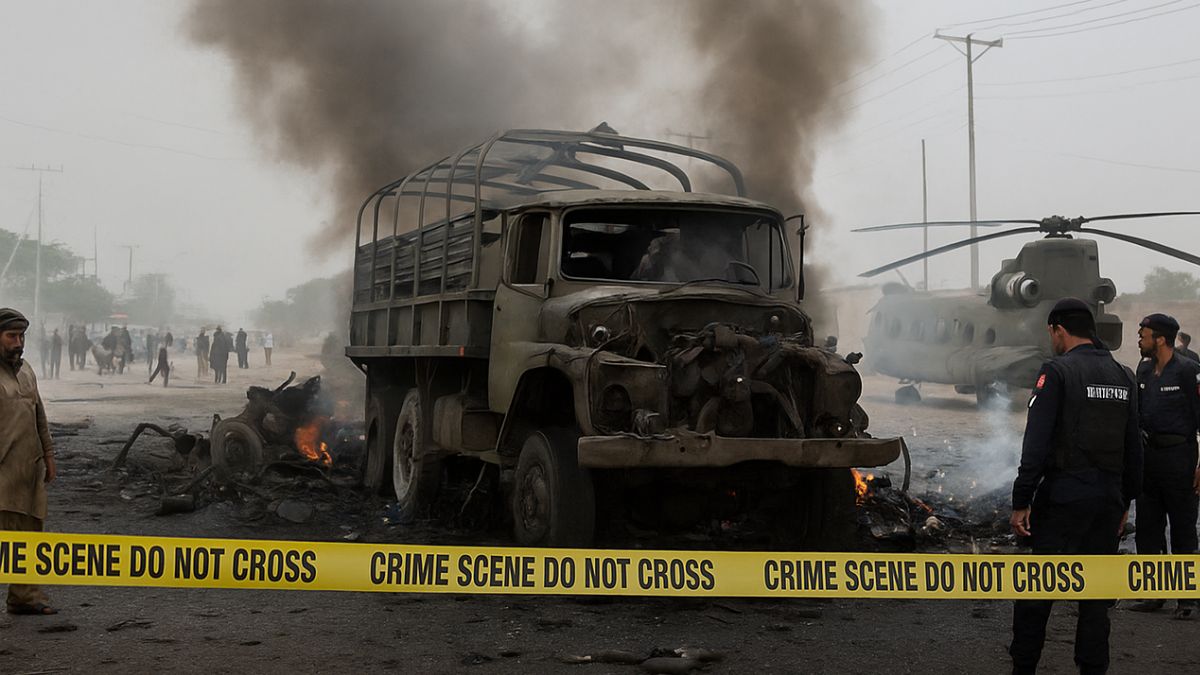At least 11 people died in two separate attacks this week in Balochistan, Pakistan’s largest province by area, known for its long-standing insurgency and underdevelopment.
A suicide bomber in Dasht targeted a convoy of paramilitary soldiers—three of those killed were troops—and separatists claimed responsibility. Later, near the Afghan border crossing, another blast killed six labourers.
These attacks take place in a region rich in minerals, oil and gas, but one where most local communities say they rarely benefit from the wealth beneath their feet. Activists and analysts warn that the violence is both a symptom and consequence of decades of marginalisation, state repression and economic neglect.
Why do Balochistan’s grievances run deep?
Balochistan hosts vast deposits of gold, silver, copper, iron, coal, chromite, lithium and gas. Projects such as Saindak and Reko Diq are internationally known, yet local development has lagged. Poverty rates remain among the highest in Pakistan. Human Development Index figures in many districts are strikingly low.
Baloch people say they are excluded from decision-making, receive only limited returns in terms of jobs, health, education or infrastructure, and often suffer violations such as enforced disappearances, heavy handed security crackdowns, arbitrary arrest, or military operations in civilian areas.
What does this latest violence reveal about the state’s approach and future risks?
The Dasht suicide bombing and border-crossing blast are part of a recent intensification in militant attacks, which include high profile assaults on security forces and infrastructure like CPEC-linked projects. Groups such as the Baloch Liberation Army have claimed responsibility for some attacks.
Simultaneously, the state response remains heavily security-oriented. The crackdown is met with reports of rights abuses, suppression of dissent, and little visible progress in addressing the economic grievances of the local population.
Many experts argue that without addressing the political and economic marginalisation—the resource exploitation without benefit, lack of infrastructure and human development—cycles of violence are likely to continue.
